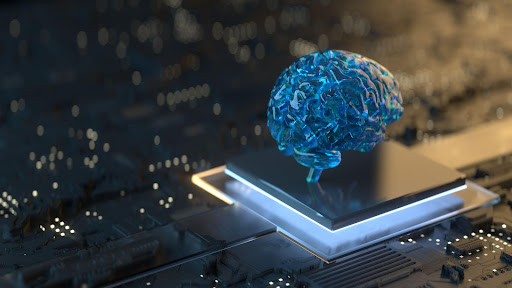The Power of AI
“The most important thing that I would emphasize and define in the context of diversity and inclusion within the artificial intelligence technology industry and capabilities is the great power and opportunity artificial intelligence can provide to disadvantaged or people with disabilities.” – Devan Leos
Devan Leos, a former actor and newly seated board member of Undetectable AI, is a strong advocate for the use of AI to empower disadvantaged individuals and those with disabilities. Diagnosed with a learning disability himself, Leos has firsthand experience of the transformative potential of AI. Devan says he and the Undetectable AI team are exploring ways to use AI to improve communication and accessibility, particularly for those who may otherwise be left behind.
Leos, an author on Entrepreneur.com, says he’s so passionate about the subject that he penned an informative article about how AI could assist with accessibility and people with disabilities.
The company Undetectable AI which we covered in an article about bypassing AI detection, has also had its leadership recently nominated for a diversity and inclusion award by Venture Beat.
The Importance of Inclusion
Leos tells Grit Daily he has a penchant for preaching about the importance of diversity and inclusion in AI development and application. He argues that the conversation around AI often focuses on potential risks and negative outcomes, overshadowing the immense benefits it can bring to underserved communities.
“A lot of times we hear about the fears or the ways in which AI could go wrong, but we don’t hear enough about ways that disadvantaged people could benefit from these technologies,” he says.
The Risks of Exclusion
The lack of diversity and inclusion in AI can lead to biased outcomes and missed opportunities. Leos cites the example of AI models trained on biased data, which can result in discrimination and unfair treatment.
But none the less, Devan Leos exudes confidence in the Artificial Intelligence community saying “I am optimistic about the future, and we are seeing these issues of bias and lack of inclusion being addressed by leaders in the AI and machine learning community.”
The Path to Inclusive AI
Leos tells Grit Daily he believes that the key to developing AI systems that respect and represent diverse perspectives lies in the inclusion of diverse data in model training. This includes ensuring that AI models can recognize and accommodate nuances in the writing of non-native English speakers and providing accessible user interfaces and options for disabled individuals.
AI in Practice
Leos himself also says he uses AI to break down complex content and improve his learning and communication skills. He also says used AI to ensure cultural sensitivity when communicating with colleagues from different cultures.
“AI has been pretty good at helping me identify whether or not my communications are culturally sensitive when it comes to cultures that I may not be as familiar with,” he says.
Devan Leos offers a refreshing perspective on the role of AI in promoting diversity and inclusion. His experiences and insights underscore the importance of ensuring that AI development is inclusive and representative of diverse perspectives. As we continue to explore the potential of AI, it’s crucial to remember that this technology can be a powerful tool for empowerment and inclusion.
The life experiences of Leos, ranging from experience as an actor, overcoming adversity alongside disability, and success as an Entrepreneur, give his input a unique relevance to the topic of diversity and inclusion within the AI tech industry and beyond.
Adam Torkildson is a News Columnist at Grit Daily. He is an investor, father, a volunteer SCORE mentor to small business startups, and lives in Utah with his wife and kids.
Credit: Source link


Comments are closed.